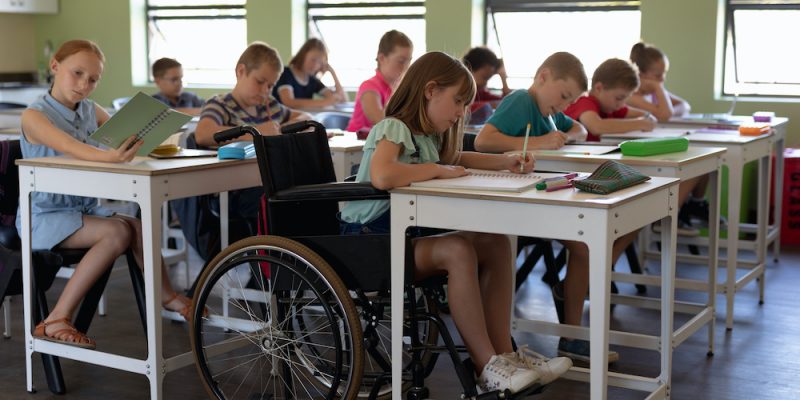Vol. 4 | January 2023
The impact of emotional intelligence on the academic performance of students with intellectual disabilities in inclusive education
The impact of emotional intelligence on the academic performance of students with intellectual disabilities in inclusive education

Posted by Staff on January 15, 2023
Authors
Iryna Soroka, Associate Professor, Jindal Institute of Behavioural Sciences (JIBS), O.P. Jindal Global University, Sonipat, Haryana, India.
Olha Vovchenko, Institute of Special Education and Psychology Named after N. Yarmachenko, National Academy of Pedagogical Sciences of Ukraine, Kyiv, Ukraine.
Inna Leonova, Department of Social Psychology, Faculty of Psychology, Taras Shevchenko National University of Kyiv, Kyiv, Ukraine.
Iryna Klymenko, Department of Social Psychology, Faculty of Psychology, Taras Shevchenko National University of Kyiv, Kyiv, Ukraine.
Yaroslav Tsekhmister, Ukrainian Medical Lyceum of Bogomolets National Medical University, Kyiv, Ukraine.
Summary
The development of inclusive education involves the increasing participation of children and adolescents with intellectual disabilities in the general education process, which can be accompanied by several stressful and psychotraumatic situations that negatively affect the academic success of such adolescents.
The Programme is based on applied developments of practical psychologists with the author’s extensions. The study was carried out through the EmIn Test adapted by Lyusin to diagnose the level of emotional intelligence.
The Programme resulted in increased parameters for the emotional intelligence level in the experimental group compared to the control group and improved academic performance in Mathematics and Biology. The results obtained empirically confirmed the positive impact of emotional intelligence on the academic performance of children with intellectual disabilities.
The primary value of the study was the integration of the author’s approaches in the development of emotional intelligence of adolescents with intellectual disabilities.
The practical result of the research is the methodological systematization of the experiment results with the aim of further implementation in the general educational process. Further research suggests monitoring the long-term effects of therapeutic intervention programs in working with adolescents with intellectual disabilities.
To read the full article, please click here.
